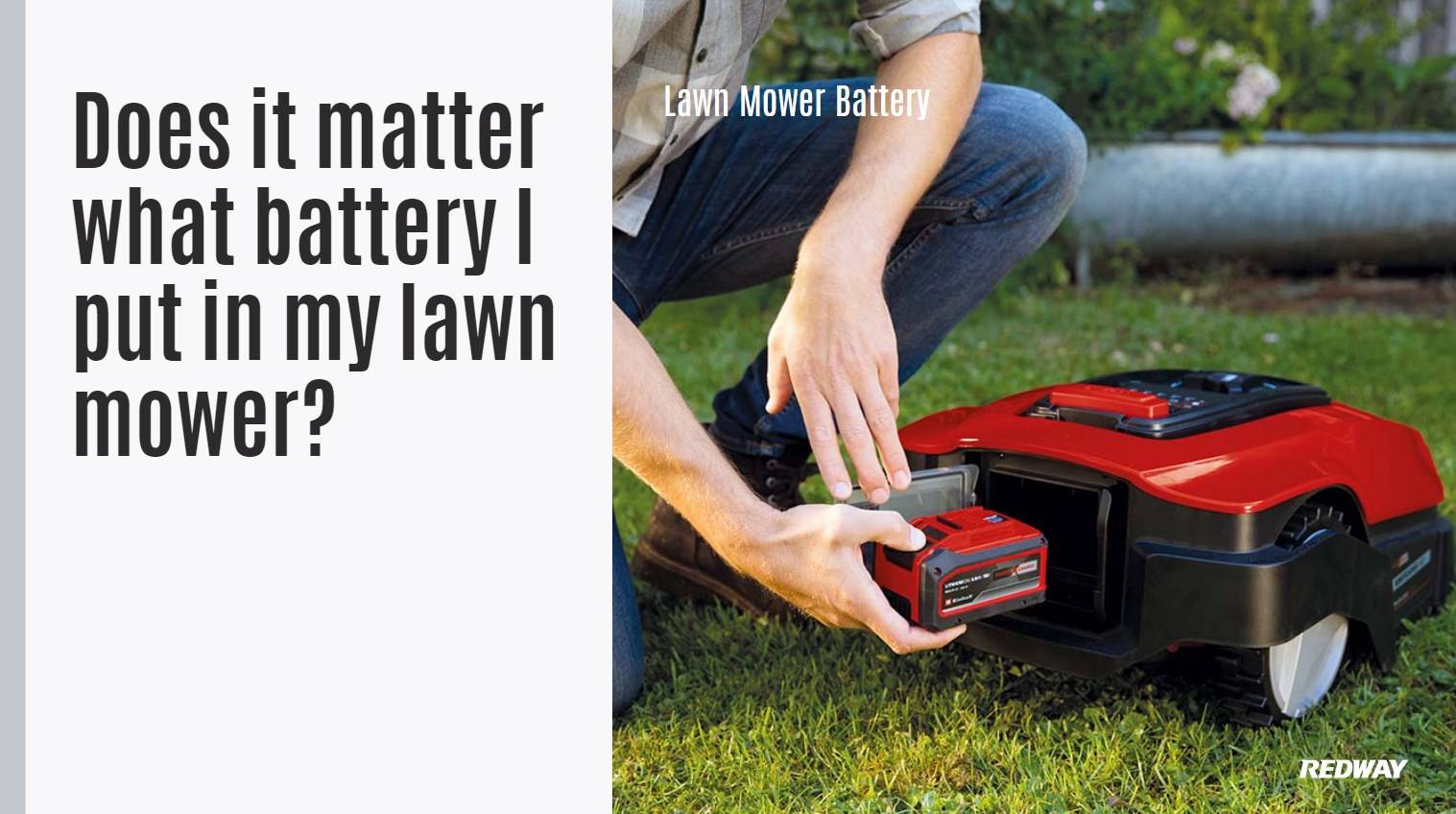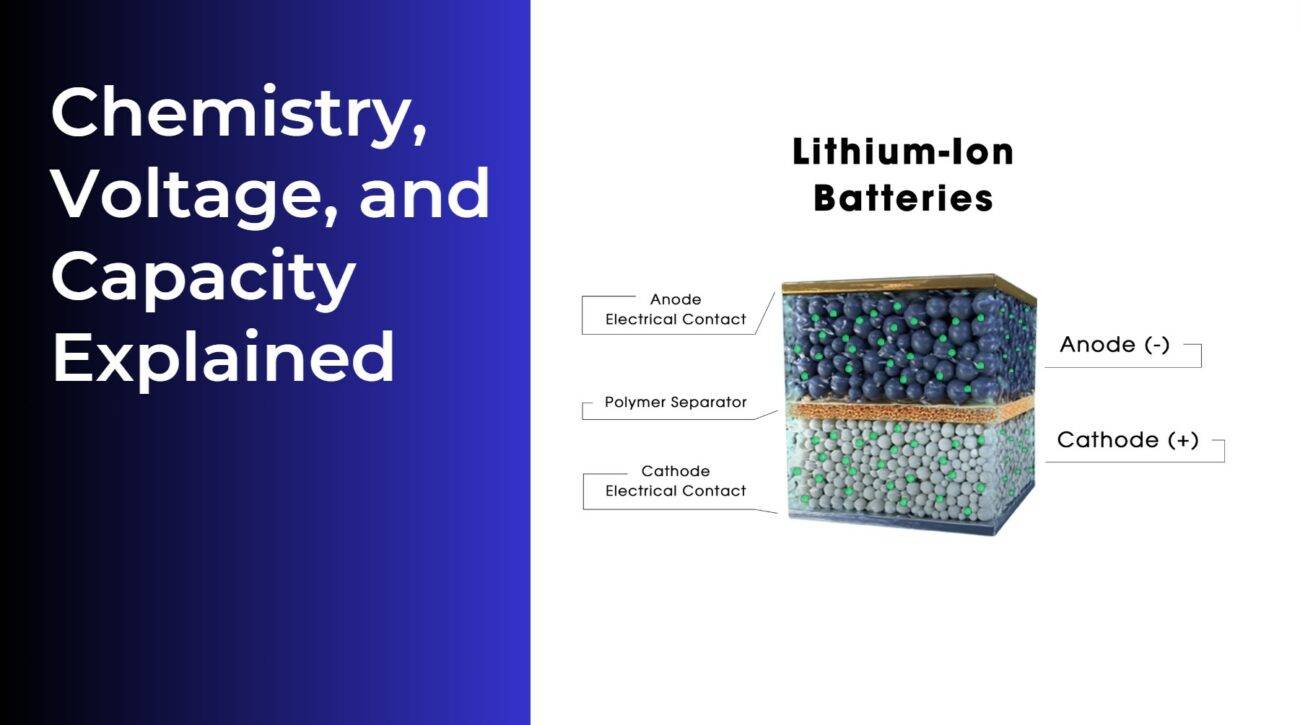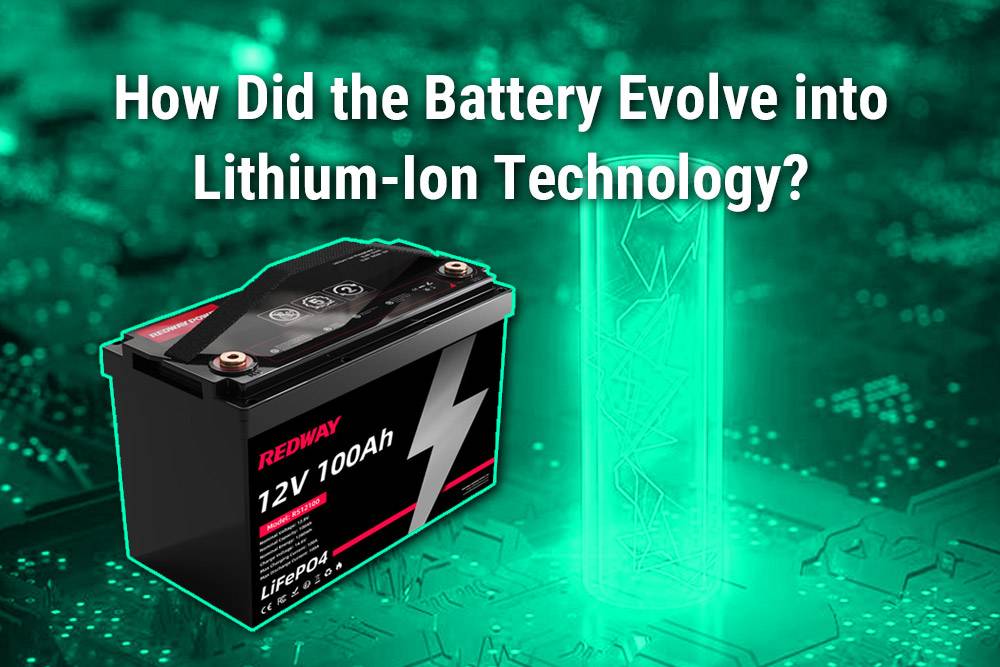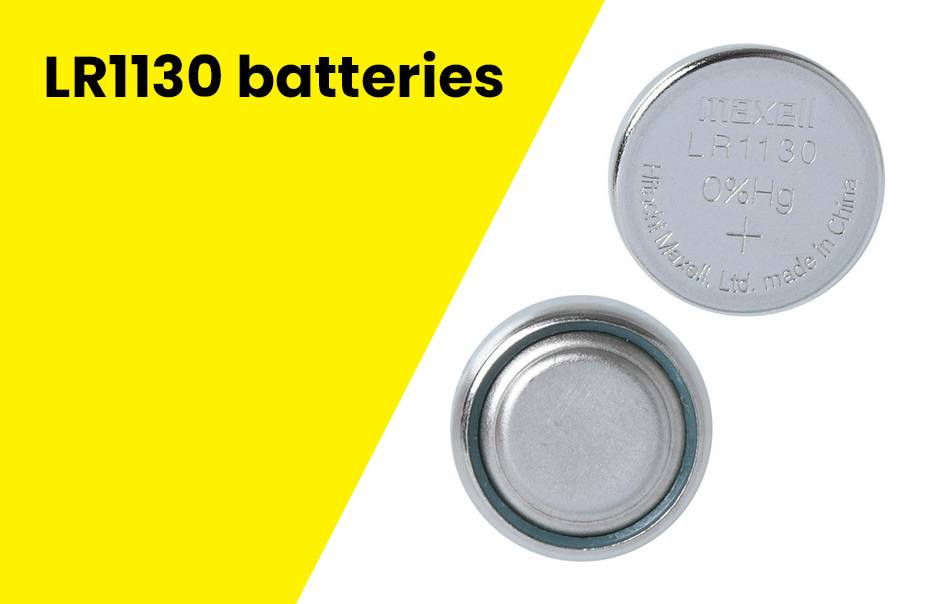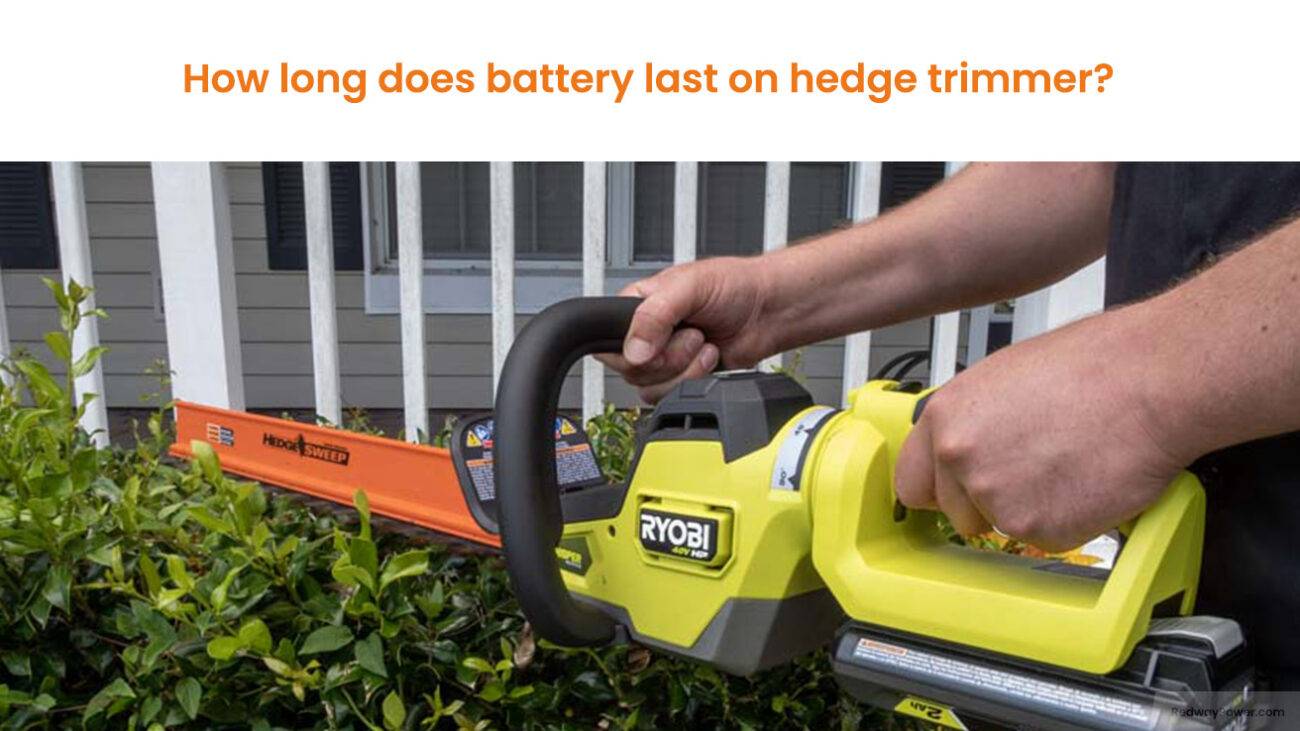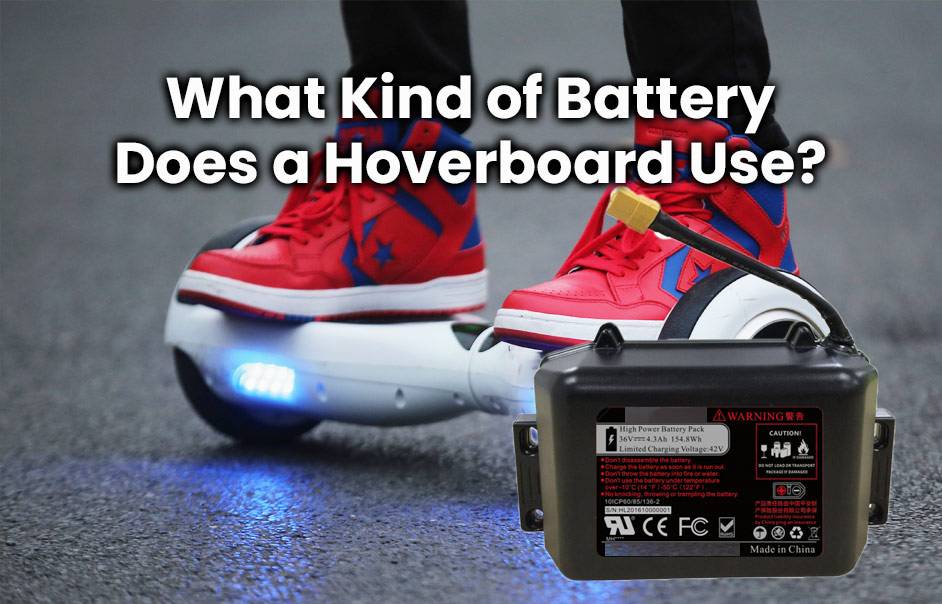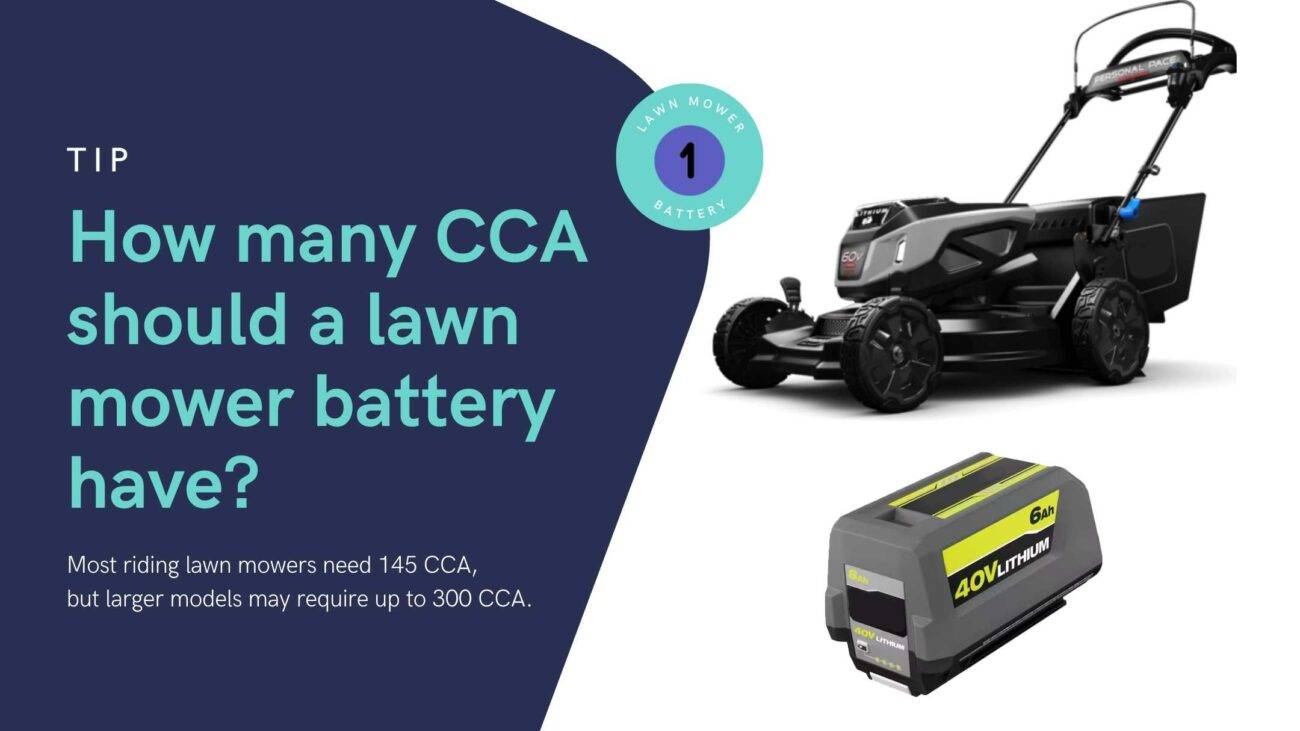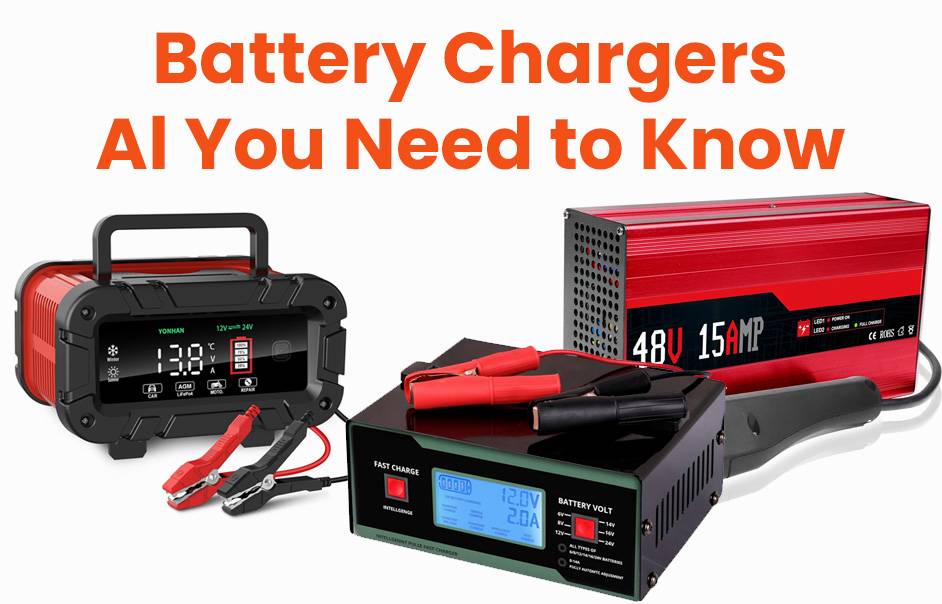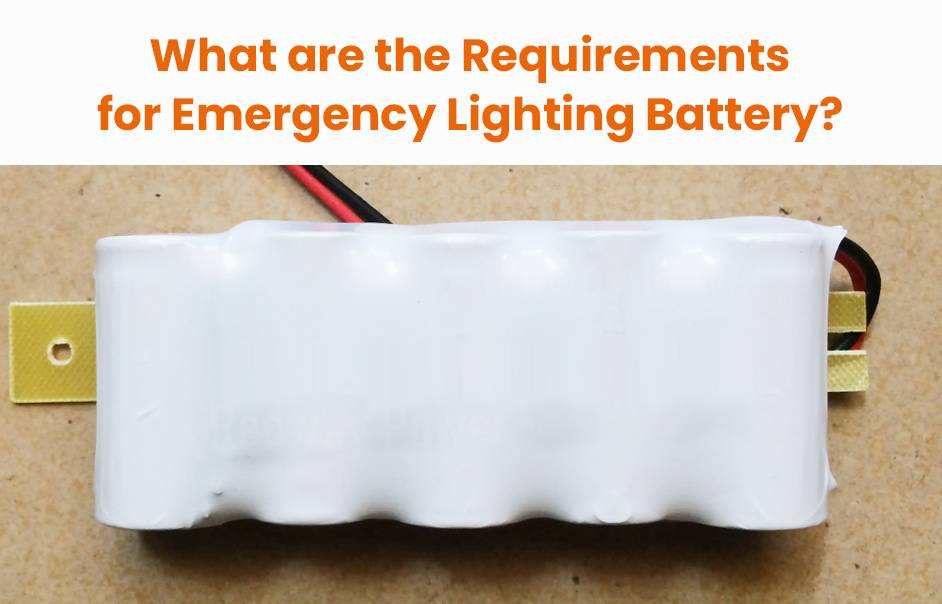Unleash the potential of your lawn mower by choosing the right battery! In this guide, discover the crucial aspects of lawn mower batteries, from types and features to selecting the correct size for your machine. Don’t overlook this essential element—optimal performance and longevity await when you make an informed battery choice. Get ready to elevate your lawn maintenance experience with electrifying insights!
The importance of choosing the right battery for your lawn mower
Picture a sunny Saturday, ready to conquer your overgrown lawn, only to find your mower won’t start. The culprit? A faulty or incompatible battery. Selecting the correct battery is vital for your mower’s smooth operation.
Key Considerations:
- Type and Size Matter: Different mowers need different batteries. Push mowers use smaller, lower-voltage batteries, while riding mowers require larger ones. Using the wrong type can lead to insufficient power or equipment damage.
- Features for Efficiency: Look beyond size – consider features like longer runtimes and faster recharge times. Some batteries are designed for high-performance machines that demand more energy, ensuring uninterrupted mowing.
- Prioritize Quality: Choose a quality battery for durability and longevity. Low-quality batteries may fail prematurely or struggle to hold a charge, leading to frustration and frequent replacements.
Investing in the right mower battery might seem minor but significantly impacts your mowing experience. Don’t overlook its importance – make a wise choice for a hassle-free and efficient lawn care routine!
Different types of lawn mower batteries and their features
Selecting the right battery for your lawn mower is crucial, considering the variety available in the market. Each type has its unique features, impacting performance and longevity.
Types of Lawn Mower Batteries:
- Lead-Acid Batteries: Affordable and widely used, suitable for small to medium-sized lawns, offering good power capacity.
- Lithium-Ion Batteries: Lightweight with longer run times, quick recharge, and a longer lifespan, but tends to be more expensive.
- Gel Cell Batteries: Maintenance-free, handles deep discharge cycles well, and resistant to vibration, making them ideal for rough terrains.
- AGM (Absorbent Glass Mat) Batteries: Combines features of gel cell and lead-acid batteries, offering high performance and superior vibration resistance.
Considerations for Choosing:
- Voltage Requirements: Match the voltage accurately.
- Size Compatibility: Ensure it fits your mower’s battery compartment.
- Ampere-Hour Rating (AH) and Cold Cranking Amps (CCA): Consider these for optimal performance.
Maintenance Tips: Regardless of the type, maintain your battery by regular terminal cleaning to prevent corrosion, and keep it fully charged during winter or extended periods between mowing sessions.
Choosing the right lawn mower battery depends on your specific needs and budget. Accurate matching of specifications is crucial for optimal efficiency. Make a wise selection to ensure a longer and efficient life for your lawn mower!
How to determine the correct battery size for your lawn mower
Determining the correct battery size for your lawn mower is crucial for optimal performance. Follow these simple tips to ensure you make the right choice.

Key Factors to Consider:
- Manufacturer’s Recommendations: Check your mower’s manual for the recommended battery type and size, ensuring compatibility with your specific model.
- Voltage Requirements: Confirm the voltage needed; most lawn mowers use 12-volt batteries, but it’s wise to double-check.
- Physical Dimensions: Measure the length and width of your mower’s battery compartment to ensure a secure fit without modifications.
- Terminal Placement: Pay attention to terminal placement – whether on top or on the sides – ensuring alignment with your mower’s wiring setup.
- Capacity (Ah) Rating: Consider the ampere-hour rating for longer operating times between charges; higher Ah ratings mean extended use.
By carefully considering manufacturer recommendations, voltage, dimensions, terminal placement, and capacity, you’ll confidently choose the correct battery size for your lawn mower. Keep your mower running smoothly throughout each mowing season with the right battery!
Factors to consider when buying a lawn mower battery
Selecting the right lawn mower battery is crucial for efficient performance. Here are key factors to consider when making your purchase.
Factors to Consider:
- Compatibility: Ensure the battery is compatible with your mower model; check manufacturer recommendations for guidance or seek expert advice if uncertain.
- Capacity: Consider the battery’s capacity based on your yard size and mowing frequency. Larger yards may require higher capacity batteries for extended use.
- Maintenance: Choose between maintenance-free options like sealed AGM or lithium-ion batteries and those requiring regular upkeep. Opt for minimal maintenance if convenience is a priority.
- Durability: Prioritize batteries designed for heavy-duty applications, capable of withstanding vibrations and impacts during mowing.
- Warranty: Check the warranty details to ensure coverage in case of defects or issues, providing peace of mind and protection for your investment.
By considering compatibility, capacity, maintenance, durability, and warranty, you’ll make a well-informed choice that ensures optimal lawn mower performance and longevity. Save time and money in the long run with the right battery!
The impact of using the wrong battery in your lawn mower
Selecting the right battery for your lawn mower is crucial. Using the wrong one can lead to various issues that affect performance and longevity. Here’s why it matters:
Potential Problems:
- Insufficient Power: Incorrect voltage or capacity may lead to sluggish performance or failure to start, impacting your mower’s effectiveness.
- Maintenance Hassles: Choosing the wrong battery type, like a traditional lead-acid instead of maintenance-free, may result in time-consuming water checks and potential hazards.
- Reduced Lifespan: Incompatible batteries can shorten lifespan and cause premature wear, unable to meet the demands of your mower’s engine.
Avoiding Issues: To prevent problems, consult your mower’s manual or seek professional advice before purchasing a new battery. This extra step ensures optimal performance and longevity for both your lawn mower and its power source!
Choosing the right battery is essential for seamless lawn mower operation. Avoid potential pitfalls by making informed decisions based on your mower’s specifications. Your mower’s performance and durability depend on it!
Tips for maintaining and prolonging the life of your lawn mower battery
To ensure your lawn mower is always ready for action, proper battery maintenance is crucial. Here are some practical tips to help you keep your battery in top condition:
1. Regular Voltage Checks: Periodically use a voltmeter to measure your battery’s voltage. If it drops below 12 volts, it may need recharging or replacing to maintain optimal performance.
2. Clean Terminals: Dirty or corroded terminals can disrupt electrical flow. Regularly clean them with a wire brush to prevent buildup and ensure a solid connection.
3. Proper Storage: Store the battery in a cool, dry place away from extreme temperatures and direct sunlight when not in use. This helps maintain performance and extends its lifespan.
4. Recharge Before Storage: If storing your lawn mower for an extended period, recharge the battery fully before storing to prevent self-discharge over time.
5. Trickle Charger Use: Consider using a trickle charger during extended storage periods. These chargers provide a low-voltage current to keep the battery topped up without overcharging.
6. Vibration Protection: Regularly service your lawnmower to ensure all connections are secure. This minimizes damage caused by vibrations during operation.
By incorporating these straightforward yet effective maintenance tips, you can significantly extend the life of your lawn mower’s battery. Keep it charged, clean, and protected to enjoy optimal performance during each mowing session!
Choose wisely for optimal performance and longevity
Making an informed decision about your lawn mower battery is crucial for its performance and longevity. Consider factors like type, size, and compatibility to provide the necessary power for your machine.
1. Impact of Wrong Battery: Using the wrong battery can harm your mower’s performance and lifespan. It may lead to reduced power, slower operation, or even equipment damage. Research and select a battery that aligns with your lawn mower’s requirements.
2. Maintenance is Key: Prolong the battery’s life with regular maintenance. Keep it clean, free from debris or corrosion, check its voltage level, and recharge when needed. Storing it in a cool, dry place during non-use enhances longevity.
3. No One-Size-Fits-All: There’s no universal solution for lawn mower batteries. Consider type, size, and compatibility before purchasing to ensure optimal performance today and reliable operation in the long run. Choose wisely for a well-maintained yard year after year.
The seemingly small decision of selecting the right battery plays a significant role in your lawn mower’s overall performance. Take the time to understand your mower’s needs and find the perfect fit for both immediate efficiency and lasting reliability.

